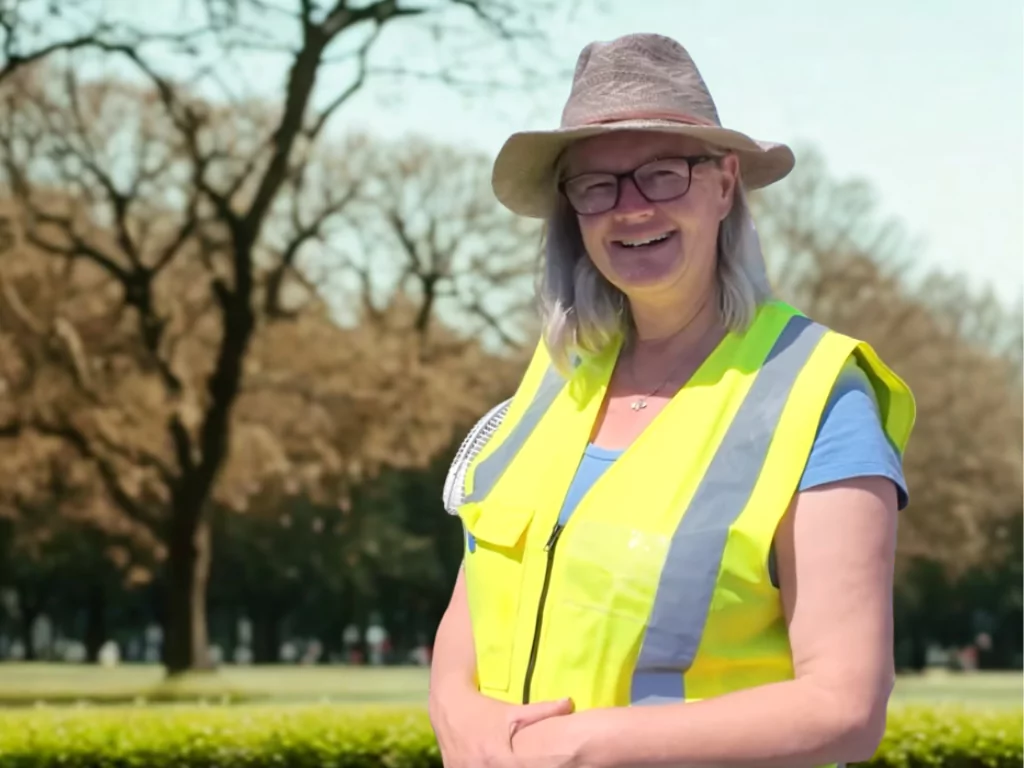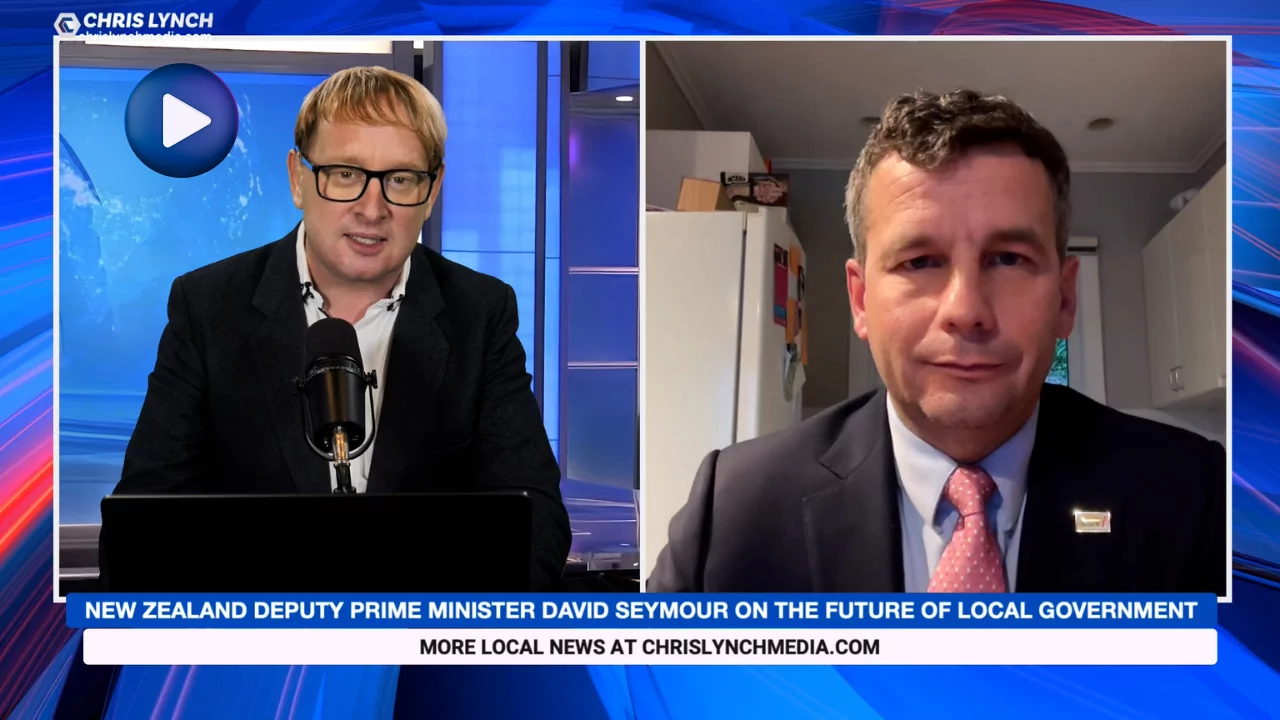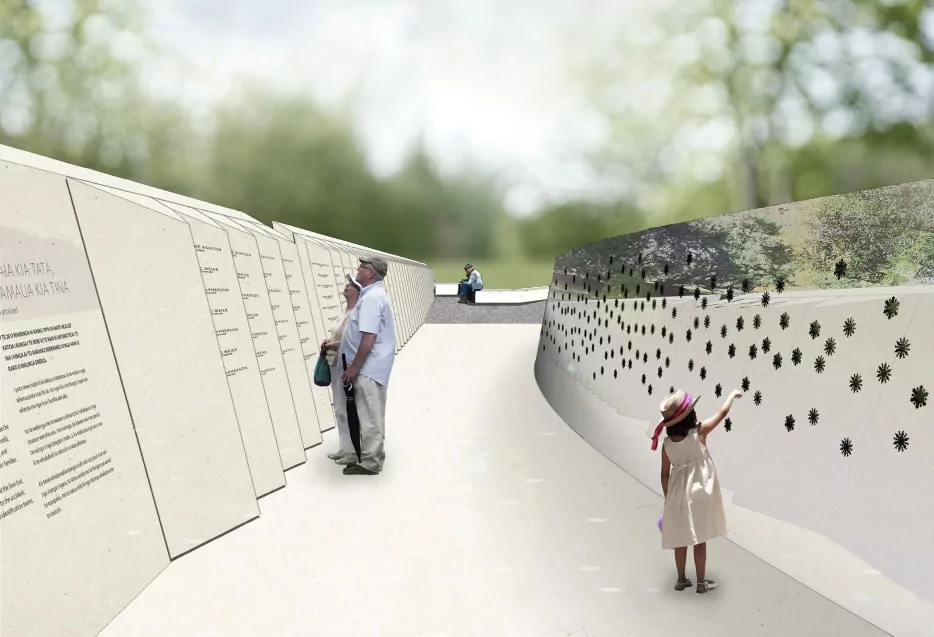Following the Government’s decision to reverse the previous administration’s speed limit policies, council traffic planners are likely reevaluating their approach.
The former government’s strategy, perceived as hostile towards cars, conflicted with New Zealanders’ affinity for their vehicles.
These policies, often seen as overly directive, have been a source of frustration for many.
The former administration’s strategy prominently focused on reducing personal vehicle use, by channeling substantial funding to local councils, with the explicit aim of transforming urban landscapes into areas more accommodating and friendly for cyclists. Some concepts have worked, while others haven’t.
This approach became apparent last year, especially in the realm of public transport projects, where the government allocated funds to PR experts, who were tasked with engineering public survey results that seemed pre-determined, raising questions about the integrity and authenticity of these processes.
However, these urban plans often collided with the realities of local businesses and residents.
A striking instance involved a florist in Edgeware, who, several years back, was caught off guard by intersection changes and parking removals, only learning of these disruptions from a construction worker.
The council staff’s aversion to cars influenced contentious decisions, such as the relocation of a bus stop onto a road lane on Park Terrace.
This move seemed to be a test of public tolerance and they were forced to backtrack.
The manipulation of public sentiment through their use of the English language raises concerns as well.
Terms like ‘traffic calming measures’ or ‘trial’ not only carry a condescending tone but also seem misleading.
It’s hard to see how placing a bus stop in the middle of a road contributes to any sense of calm.
And ever heard of a trial period lasting five years?
Their decision-making process points to a need for greater transparency with the public regarding urban planning visions.
The resistance in Aranui to replacing street parking with cycleways further underscores the need for more inclusive and communicative planning.
Despite claims of comprehensive consultation, the feedback received didn’t seem to reflect the broader community’s views, as noted by community leaders actually living in the area.
With the new governmental shift, it appears that the era of subtly implementing traffic alterations may be waning.
This change could mark the beginning of a new phase in transportation planning, hopefully one that is more aligned with the actual needs and preferences of the community and more upfront in its intentions and strategies.









